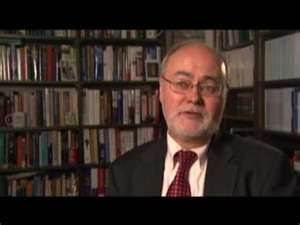Does Darwinism Make Morality Fictional?

Larry Arnhart always writes terrific blog posts; this one from 2013 is no exception. (If you’re a regular reader of the Secular Outpost but not of his blog, then you should start reading his blog.) In this post, he takes issue with (among others) Michael Ruse’s claim that evolutionary naturalism undermines the foundations of morality. Aside: isn’t it amazing how apologists like William Lane Craig will quote Michael Ruse to make an argument from authority to support the claim that atheism leads to nihilism, but then conveniently ignore the fact that equally well qualified authorities disagree with Ruse? In fact, many of Ruse’s colleagues have vigorously criticized his argument (see, e.g., here, here, here), but, so far as I can tell, Ruse hasn’t responded to any of those criticisms. This makes WLC’s appeal to Ruse in his debates even worse than it already was. I love this passage by Arnhart:
I think that Ruse’s point here is the same as my point in my paper for the workshop about liberal evolutionary morality being rooted in a moral anthropology but not in a moral cosmology. That is to say, human morality is rooted in human nature, human culture, and human judgment, but not in a cosmic Nature, a cosmic God, or a cosmic Reason.
But I see no warrant for describing this as a “terrifying” teaching that morality is an “illusion.” Ruse seems to assume a Platonic or Kantian view that the truth of morality would require that it be written into the eternal order of the cosmos, and so if it isn’t, then morality is an illusion. But surely the fact that we humans have evolved to be moral animals is an objective truth about us that will remain true for as long as we endure as the kind of animals that we are. (emphasis mine)



